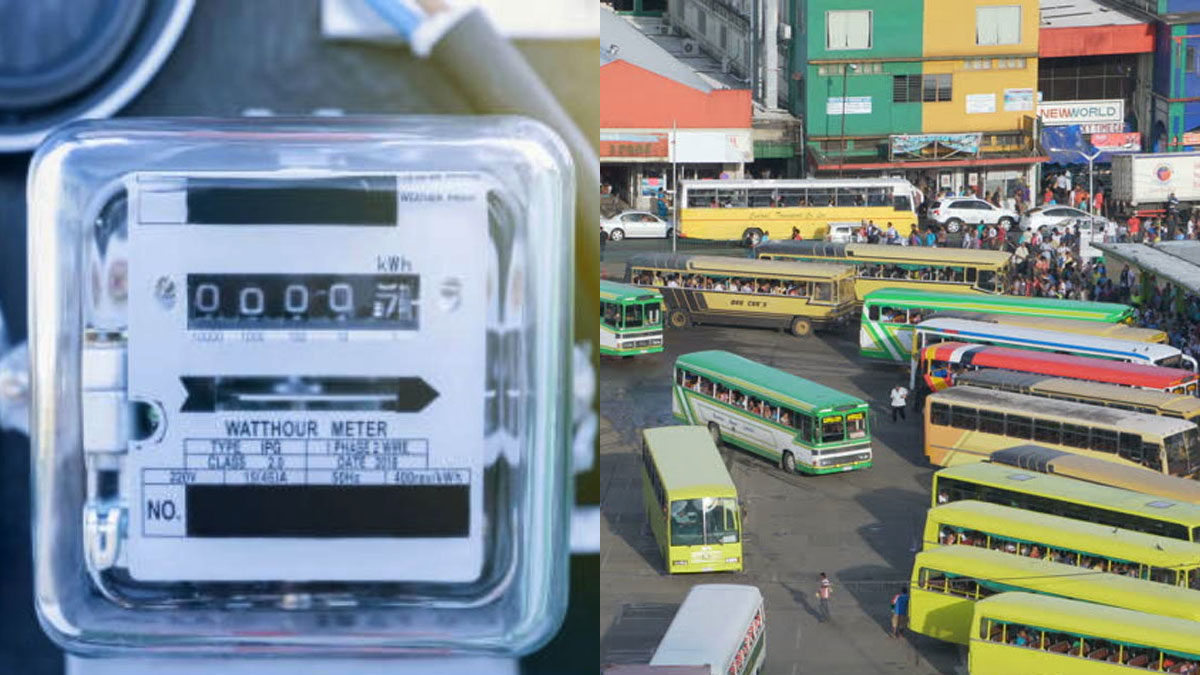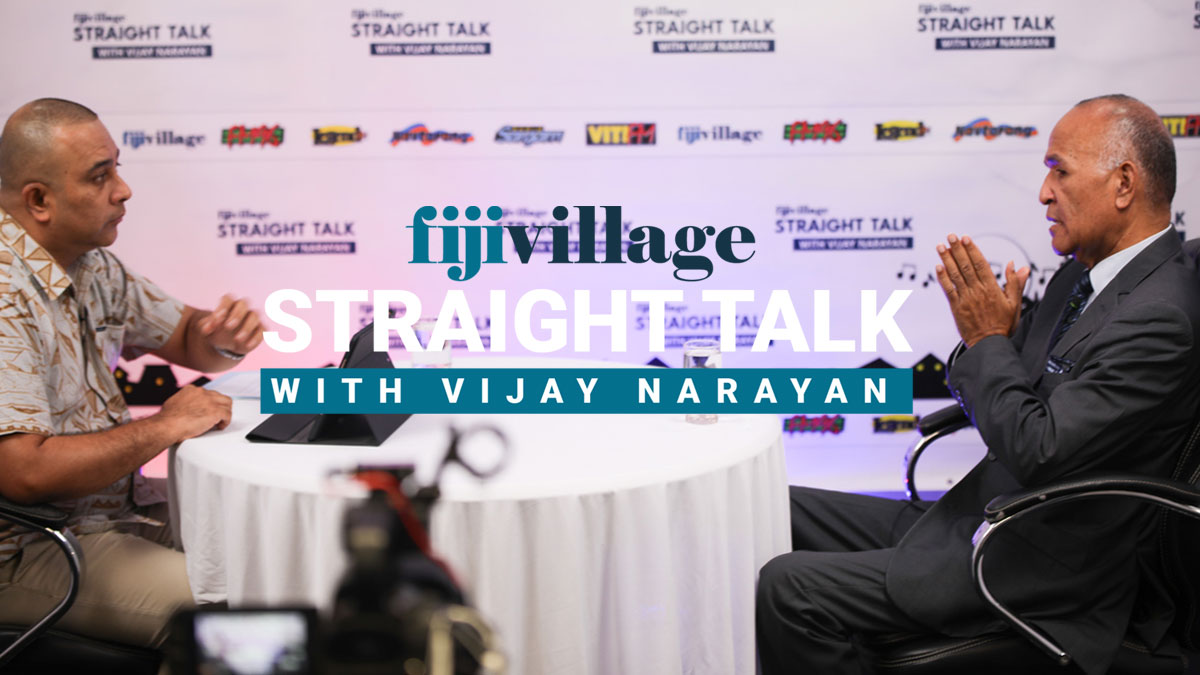
The FCCC is expected to hold public consultations soon as Energy Fiji Limited is requesting a tariff increase, the Fiji Bus Operators Association has made a submission to increase bus fare and discussions are underway on the water tariff rate.
FCCC CEO Joel Abraham says EFL has filed a submission with a different methodology and different pricing principles.
He says the new submission by EFL moves away from the current system of having a kilowatt charge, which is currently set at 39 cents to a new variable cost and a fixed cost component.
Abraham says if a residential customer was paying $50, the new bill as per their submission would be around $69 which equates to roughly 40 percent increase but if somebody was paying $100 previously, it's a 17 percent increase.
The CEO says they are currently in preliminary discussions with them and will make a call for public submission in due time.
Abraham further says they have written to the Water Authority of Fiji as well and believe WAF is preparing a submission but currently water rates will not increase.
Abraham says in 2019 after WAF made submissions, FCCC had written back to them to say what is their stance now that the global pandemic has hit and they cannot do public consultation.
The CEO says they have seen comments from the Fiscal Review Committee calling the FCCC's response unimaginative.
He says they also have received submissions from the Fiji Bus Operators Association to increase bus fare which they are reviewing and will hold public consultation.
Abraham also confirmed that they have reviewed the ex-factory price for Pacific Cement.
GP bulk cement, which currently is $361.85 VEP per tonne is reducing by $43.78 and it will now go down to $318.07.
GP bag cement which is currently $379.58 per tonne will go down to $320.83 which is a $58.75 reduction per tonne.
Abraham says they will closely monitor the bag prices in the hardware shops as cement in hardware shops at retail level is not price regulated.
Abraham has also confirmed that a market study on inter-island shipping is being carried out as the last review was done in 2017.
He says it is important to get a full idea and picture of what the inter shipping market looks like and what routes economical and uneconomical. The CEO says they be looking at pricing mechanisms and incentivizing companies that operate out of Viti Levu and Vanua Levu with a system of cross-subsidisation so that they are ultimately able to reduce cost for vulnerable Fijians in the maritime islands because they find that while the income base is the lowest, the cost of goods and services is quite high.
Stay tuned for the latest news on our radio stations

